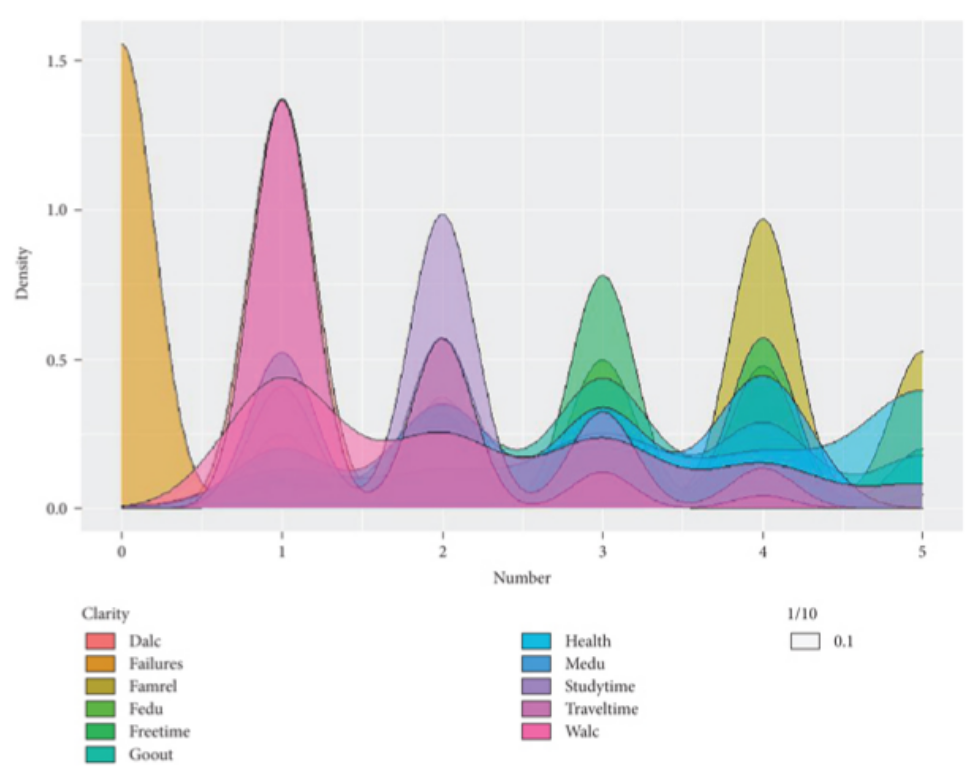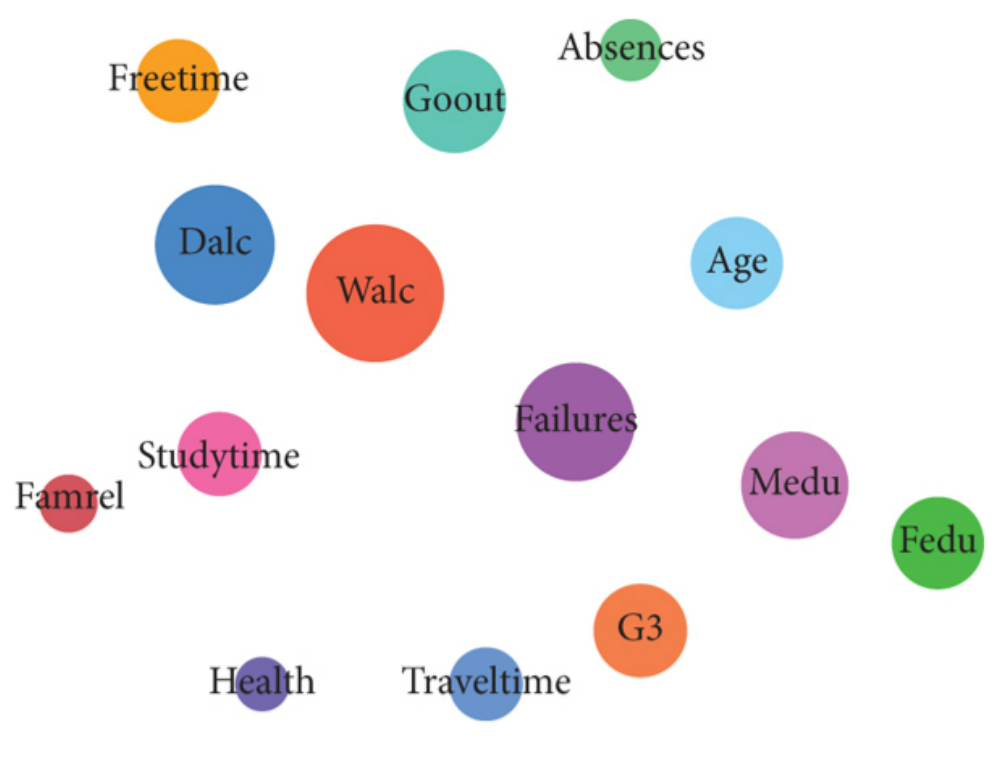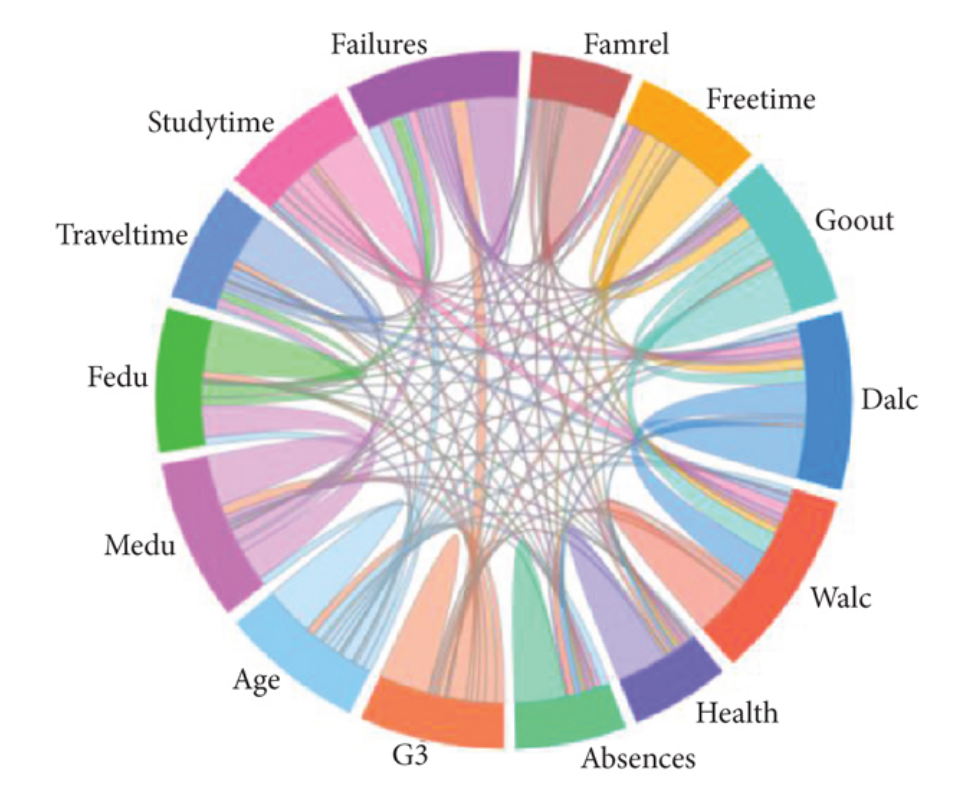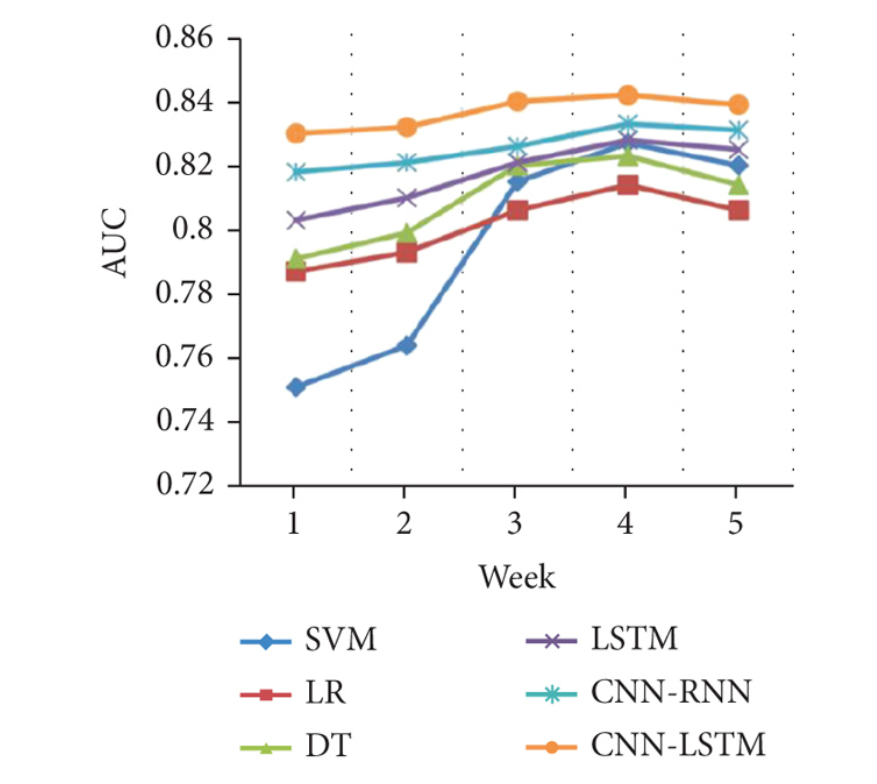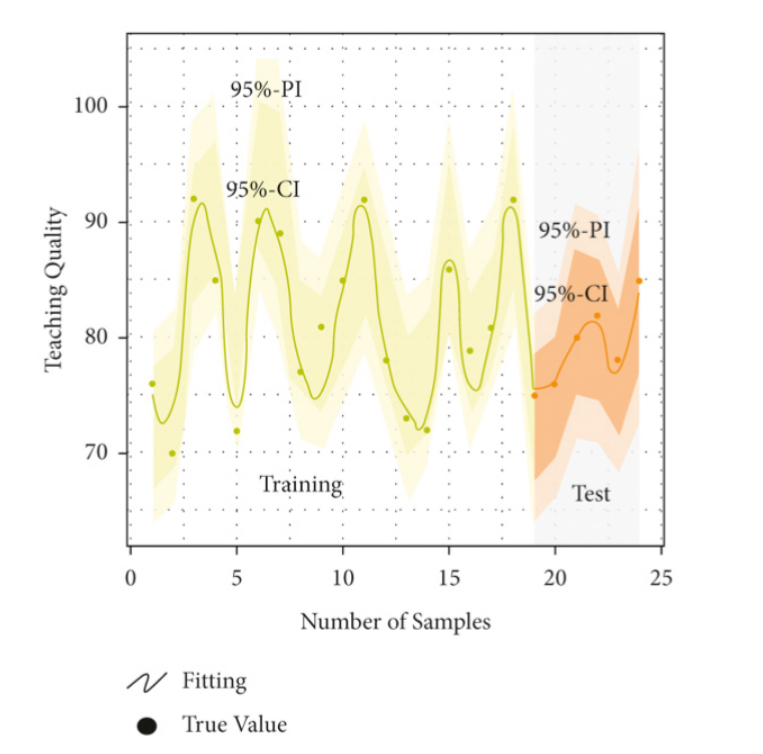 An open access journal
An open access journal
Authentic Assessment Methods: Real-world Tasks and Performance-based Evaluation
Abstract
Authentic assessment methods have gained prominence in education for their emphasis on real-world tasks and performance-based evaluation. This paper explores the significance of authentic assessment, emphasizing its role in promoting deeper understanding, critical thinking, and practical application of knowledge and skills. It delves into various authentic assessment methods, including project-based assessments, portfolios, simulations, and fieldwork. The discussion includes the benefits of authentic assessment, such as increased motivation, improved problem-solving abilities, and better preparation for real-life challenges. Moreover, the paper addresses the challenges and considerations in implementing authentic assessment in educational settings, including the need for clear rubrics, student engagement, and scalability. Through a review of empirical studies and case examples, the study highlights the positive outcomes associated with authentic assessment, including enhanced learning outcomes, increased retention of knowledge, and better alignment with real-world expectations. The conclusion offers recommendations for educators and institutions interested in adopting authentic assessment methods, emphasizing the importance of alignment with learning objectives, ongoing feedback, and the integration of technology to support assessment practices.
Share and Cite
Article Metrics
References
- Huba, M. E., & Freed, J. E. (2000). * Learner-centered assessment on college campuses: Shifting the focus from teaching to learning*. Allyn & Bacon.
- Jonassen, D. H., & Tessmer, M. (1996). An outcomes-based approach to instructional design. Instructional Science, 24(1), 35-70.
- Lave, J., & Wenger, E. (1991). Situated learning: Legitimate peripheral participation. Cambridge University Press.
- Mertler, C. A. (2016). Designing scoring rubrics for your classroom. Routledge.
- Panadero, E. (2017). A review of self-regulated learning: Six models and four directions for research. Frontiers in psychology, 8, 422.
- Rust, C., O'Donovan, B., & Price, M. (2005). A social constructivist assessment process model: How the research literature shows us this could be best practice. Assessment & Evaluation in Higher Education, 30(3), 231-240.
- Wiggins, G. P., & McTighe, J. (2005). Understanding by design. ASCD.
- Wolf, M. K. (2008). Performance-based assessments: External considerations. Educational Testing Service.
- Yancey, K. B. (1999). Looking back as we look forward: Historicizing writing assessment. The Journal of Teaching Writing, 16(1), 59-68.
- Zimmerman, B. J. (2002). Becoming a self-regulated learner: An overview. Theory into Practice, 41(2), 64-70.

